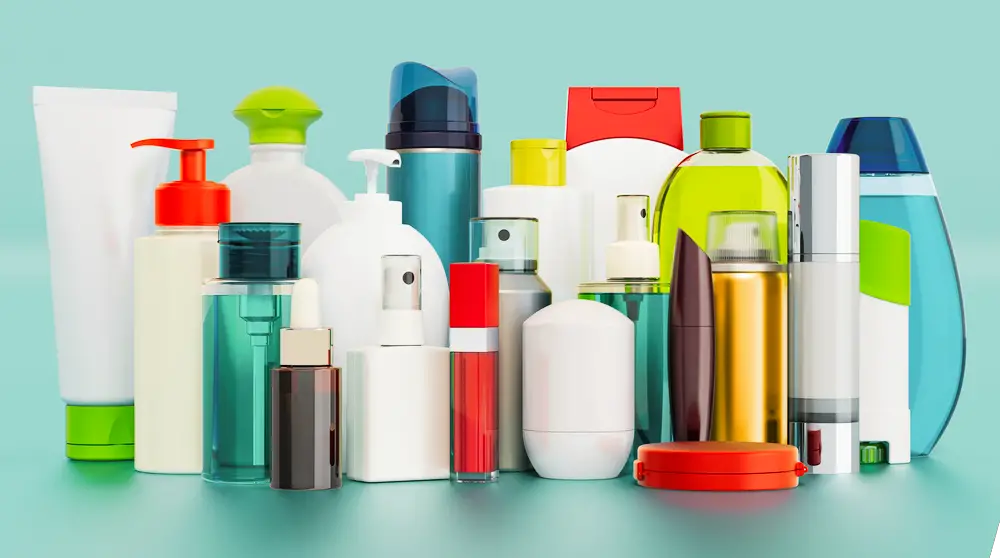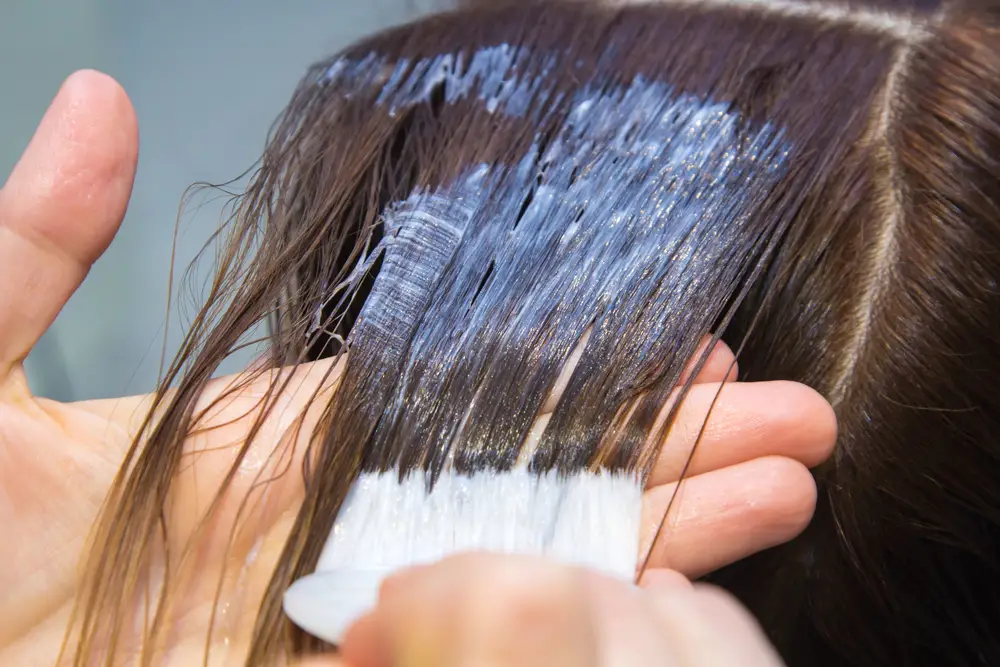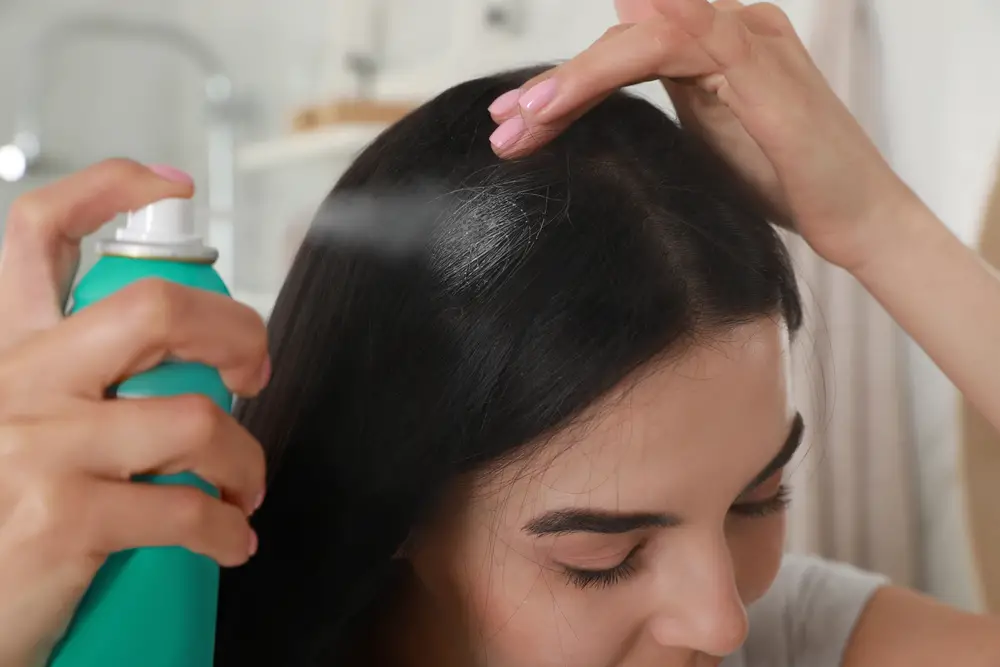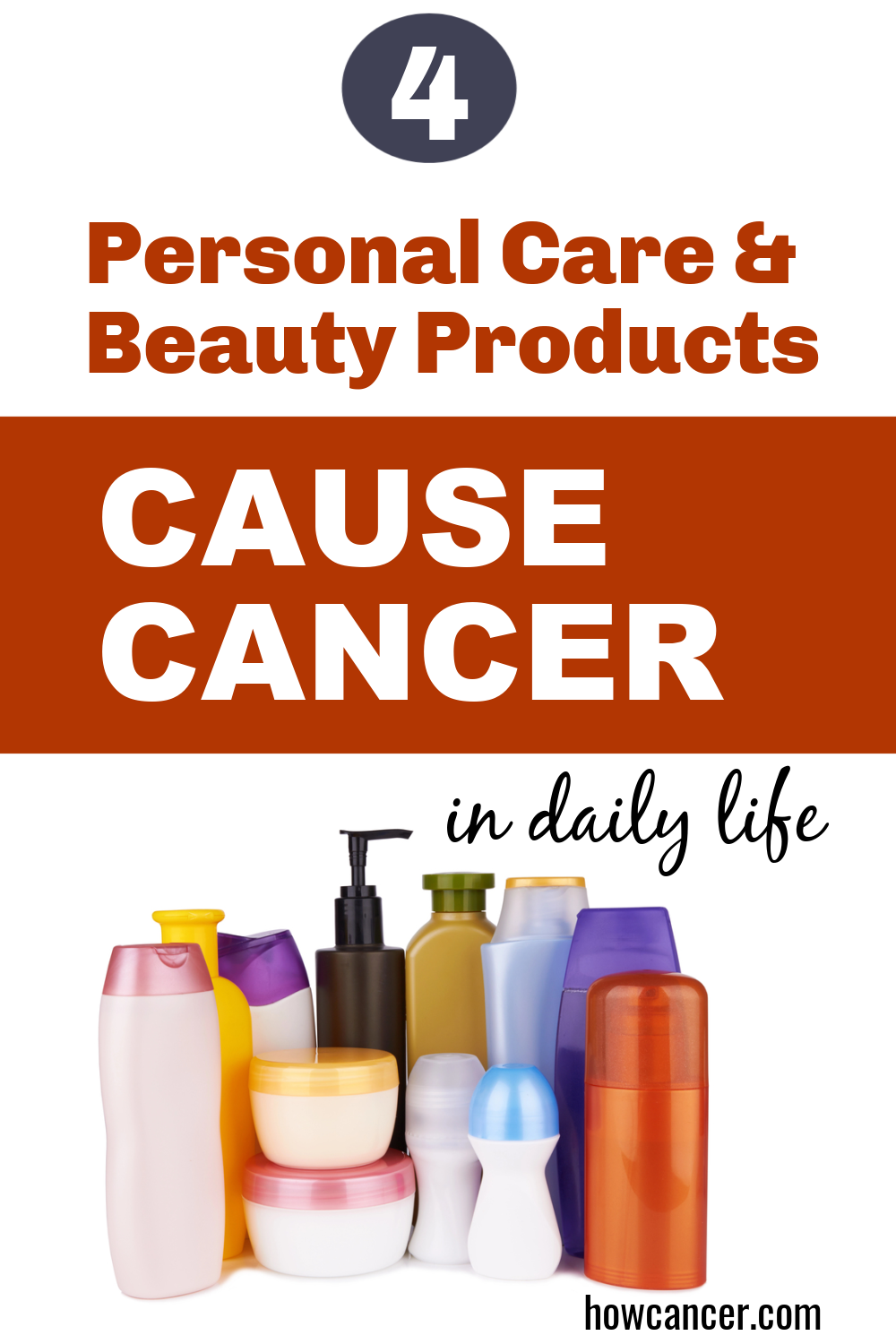Every day, people apply personal care and beauty products, from brushing their teeth to washing their faces with face cleanser, from Shampoo for hair washing to soap or body wash for showering. When we go outside under the sun, we apply sunscreen. We use skin care products or cosmetics in various ways. Personal and beauty care products are everywhere in our lives.
However, they are not necessarily safe for our skin. Many personal care products in the market can be dangerous and contain cancer-causing chemicals. Beauty products that are causing you cancer include hair care products, deodorant and deodorant sprays, dry shampoos, and chemical-based sunscreens. Some are understandingly our daily beloved items and things that we use frequently.
We discuss how personal care and beauty products can potentially cause cancer and some ways to check the products on the market or find alternatives to the current products with cancer-causing chemicals, such as going to the EWG Searching for product chemical information page.
Page Contents
Toggle
Personal Care and Beauty Products that Cause Cancer
We use plenty of personal care products daily. We wash our hair and body with them. We put on skin care products for our routine or sunscreen for going outside in the sun. We also put on hand lotions or lip gloss to keep our hands from drying.
Some personal care products to be mindful of are hair dye, deodorant, deodorant sprays, dry shampoos, and chemical-based sunscreens. Below, we will discuss the harmful chemicals in these products in depth.
Those personal care products contain toxic ingredients, including endocrine disruptors and cancer-associated chemicals such as formaldehyde, benzene, ethanolamine, parabens, sodium laureth sulfate, and many more.
We will discuss the six personal care products causing cancer and better alternatives. 
Hair Care
Many people use hair beauty care products regularly to keep their hair fresh and clean. However, certain hair care products are causing cancer, and we will discuss the products in question in detail.
Hair beauty products such as hair straighteners, relaxers, and hair dyes are incredibly likely to cause cancer. Hair straighteners and smoothing contain chemicals such as formaldehyde, and chemicals, when heated, will produce formaldehyde. Hair dye contains chemicals that are cancer-causing (carcinogenic); they include aromatic amine, and the hairdresser is likely to develop bladder cancer. Formaldehyde is known to cause leukemia and the cancer of the nasal sinuses.
Hair Straightener and Smoothing Products
Often, people need a hair straightener if their hair is curly. However, hair straighteners and smoothing products contain cancer-inducing chemicals that can be harmful.
Additionally, the hair straightener and smoothing product can contain parabens and phthalates, which act as an endocrine disruptor that enhances the actions of the natural estrogen known as estradiol, which could cause breast cancer by increasing breast cell growth.
Alternative products, such as oil treatment, can reduce chemical exposures.
Hair Dye
Some people enjoy dying their hair to a different color or covering grey hair. However, hair dye can contain cancer-inducing chemicals.
Hair dye that contains aromatic amine, hydrogen, and parabens can damage the scalp and hair and cause bladder cancer in hairdressers.
We can choose natural hair dyes such as carrot juice, beet juice, henna, lemon juice, coffee, sage, and chamomile tea or brands that do not contain aromatic amines, hydrogen, or parabens.

Deodorant and Deodorant Sprays
Deodorant is a personal care product people use daily, especially during summer. However, it can contain the cancer-causing chemical benzene.
“In November 2021, Valisure, an independent laboratory, tested 108 body sprays from 30 different brands and found more than half contained benzene.”
Many deodorant products contain benzene, which can cause leukemia and other blood cancers. Benzene can also cause calls to not work correctly. For example, it can cause bone marrow not to produce enough red blood cells, leading to anemia.
Studies have also shown women who used deodorant and shaved their underarms more frequently earlier than 16 were diagnosed with breast cancer at an earlier age than those who began those behaviors later.
It is best to purchase deodorant without benzene and paraben, as well as antiperspirants that don’t include aluminum in addition to benzene and paraben.

Dry Shampoos
Some people might use dry Shampoo without washing their hair to absorb the dirt, oil, and grease on their scalps.
However, dry Shampoo that contains benzene can cause blood cancer, “Valisure, a New Haven, Connecticut-based analytical laboratory, tested 148 batches from 34 brands of spray-on dry Shampoo and found that 70% contained benzene. ”
It is best to purchase dry shampoos without benzene as part of the ingredients, and those ingredients are toxic to avoid:
- Ethanolamine compounds (cocamide DEA, MEA, TEA, and others)
- Parabens (e.g. butylparaben)
- UV filters (octinoxate, oxybenzone)
- Formaldehyde-releasing preservatives (Diazolidinyl urea, imidazolidinyl urea, quaternion-15, DMDM hydantoin)
- Sodium laureth sulfate and other –eth compounds (possible 1,4-dioxane or ethylene oxide contamination)
It is best to avoid dry shampoos and select Shampoo without cancer-causing chemicals by checking on EWG and searching for product chemical information.

Chemical Based Sunscreens
Many popular sunscreens are chemical-based. Although they can feel light and have an absorbing texture, they can contain chemicals that cause cancer, and our skin will absorb chemical-based sunscreens whenever we apply them to our bodies.
Chemical sunscreens can contain octocrylene and benzene, which can cause cancer. Chemical sunscreens penetrate the skin and absorb the sun’s rays. Mineral sunscreens sit on the skin’s surface to deflect the sun’s rays. Chemical sunscreens are absorbed into the body’s bloodstream and can disrupt hormones, making cancer more likely to occur.
The FDA proposed that 12 other ingredients might be harmful in sunscreen, in addition to octocrylene and benzene: Avobenzone, cinoxate, dioxybenzone, ensulizole, homosalate, meradimate, octinoxate, octisalate, octocrylene, oxybenzone, padimate O, and sulisobenzone.
Mineral sunscreens are a better choice than chemical sunscreens. We suggest wearing mineral sunscreen that contains zinc or titanium. In addition to wearing mineral sunscreen, we should use physical protection to protect ourselves from UV rays. Wear a wide-brim hat, a shirt with extra-long sleeves (long enough to cover your hands), and a long skirt or pants. Carry an umbrella if you can. Avoid going outside when the sun is at its peak between 10 a.m. and 4 p.m. local time, regardless of the weather.
Alternative Products
Hopefully, the personal care products we identified in this article provide a good guide when we pay attention to those that cause cancer. When we shop, look at the list of ingredients on the back of the product to ensure it doesn’t contain parabens, phthalates, benzene, paraben, and other cancer-causing chemicals such as ethanolamine and sodium laureth.
Watch out for parabens and phthalates in hair straightener products, aromatic amines, hydrogen, and parabens in hair dye.
When shopping for deodorant, select non-benzene and paraben deodorant. Avoid dry shampoos containing benzene and other toxic chemicals such as ethanolamine, US filters, and sodium laureth sulfate.
Swap chemical-based sunscreen with mineral sunscreen, including zinc or titanium, to avoid harmful chemicals in the chemical sunscreen from absorbing into our bodies.
I have replaced my chemical sunscreens with mineral-based sunscreens. Understanding dry Shampoo helps me avoid those products when visiting my favorite bath stores. I swap deodorant sprays with benzene—and paraben-free deodorants.
There are also resources to check if a product is safe to use. Search the name of the personal product to find out more about the harmful chemical involved by going to:
- EWG Search for product chemical information. You may search for the personal products you currently use or any products you want to find the safety information or if you would like a less toxic product.
- Campaigning for Safe Cosmetics for Chemicals that are Harmful in Cosmetic
Final Thoughts
By learning about the cancer-causing chemicals in our personal care products, we can choose better alternatives to the current products we can try or prevent ourselves from picking products that can be dangerous to our bodies.
What alternatives can we use to replace personal care products causing cancer? If you have any experience using any of those products but decide to replace them, we would love to hear about it.
Feel free to share how you choose healthier personal care products with the rest of the community.
Other Posts You May Like
- 8 Cancer-Causing Products We Use Everyday: Identifying Hidden Risks
- 10 Ways to Prevent Cancer: Actionable Strategies for Health
- Top Household Cancer-Causing Cleaning Products
- Pesticides in Food That Cause Cancer
Top 4 Personal Care and Beauty Products that are Causing you Cancer


